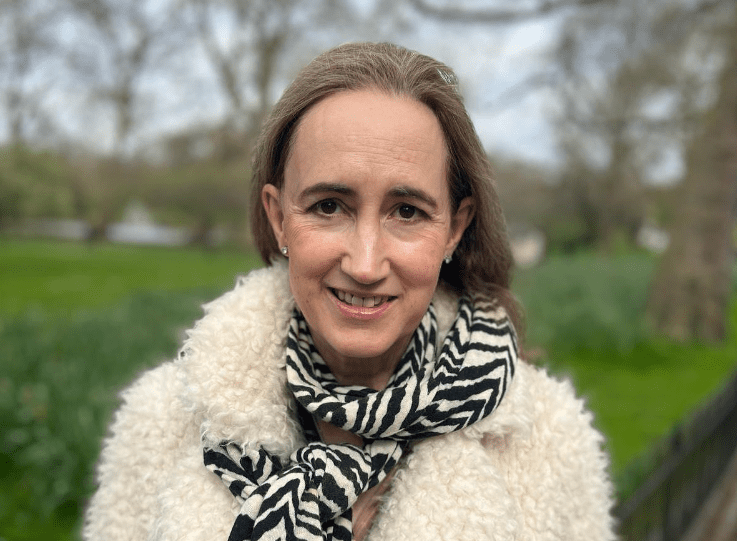
Sophie Kinsella, the beloved British author known for her Confessions of a Shopaholic series, recently shared a deeply personal and harrowing chapter of her life: her battle with brain cancer. Appearing on “Good Morning America,” Kinsella, whose real name is Madeleine Wickham, recounted the unsettling symptoms and subsequent diagnosis that altered her life in ways she could never have imagined.
Kinsella first began noticing troubling signs in her physical coordination. “I was stumbling, I was tripping,” she recalled. Severe headaches and confusion soon accompanied these initial symptoms. However, it wasn’t until she started tipping over in her chair that the gravity of the situation became apparent. Realizing that something was seriously amiss, Kinsella sought medical attention, leading to the revelation that she had a grade 4 glioblastoma brain tumor.
Glioblastoma is an aggressive type of cancer known for its rapid growth and resistance to conventional treatments. The news was undoubtedly a heavy blow for Kinsella and her family, but they faced it head-on. Within ten days of her diagnosis, she underwent an arduous eight-hour surgery aimed at removing the tumor. They found the tumor, and they got it all out as much as they could see, she said, describing the operation as a triumph.
While the surgery was a success in terms of removing visible cancerous tissue, Kinsella’s journey was far from over. Recovery posed its own set of challenges. Simple tasks that many take for granted became monumental hurdles for her. “I couldn’t do anything,” she admitted, sharing that she required extensive rehabilitation to relearn basic functions, including something as culturally ingrained and seemingly simple as making a cup of tea. This particular task became a humorous yet daunting milestone during her rehabilitation. “They won’t let you go home until you can prove you can make a cup of tea,” she said, illustrating the steep learning curve she faced.
Kinsella also had to grapple with memory loss, a common aftermath of brain surgery. Her husband, Henry Wickham, played an indispensable role in her recovery. He frequently had to repeat information to her, and she has accepted that some gaps in her memory may never fully heal. “I just have these gaps in my memory, and it’s never really got[ten] back to normal,” she confessed.
Despite the adversities, Kinsella has managed to maintain an uplifting attitude, largely crediting her husband’s unwavering support. “He has just been such a hero,” she said, praising Henry for staying by her side throughout her hospital stay and beyond. This steadfast support has been a cornerstone in her journey toward recovery, giving her the strength and optimism needed to face each new day.
Sophie Kinsella’s story serves as a poignant reminder of the resilience of the human spirit. Her experience underscores the importance of early detection and medical intervention while highlighting the critical role that family and emotional support play in overcoming life’s most daunting challenges. Through it all, Kinsella has remained a symbol of strength and positivity, inspiring many with her candidness and courage.
